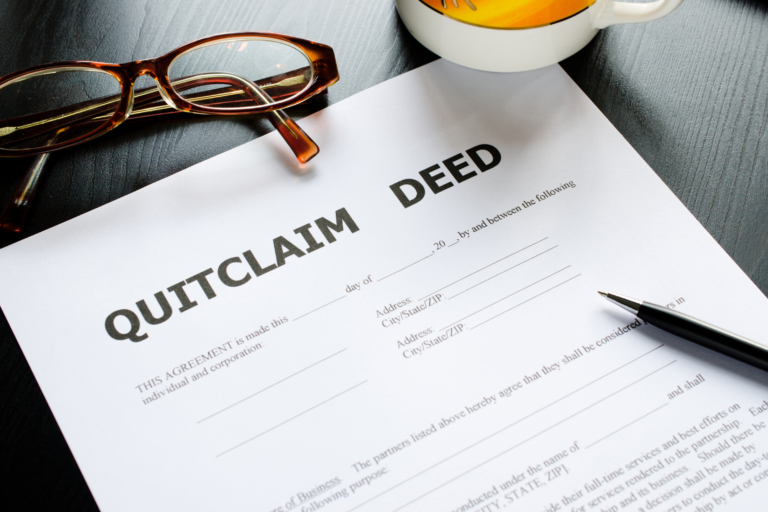When Florida residents die, they often leave outstanding bills associated with funeral and burial expenses. Can the surviving spouse or heirs use the deceased person’s bank account to pay funeral and burial costs? Read on to find out.
Can You Use a Deceased Person’s Bank Account to Pay for their Funeral in Florida? – The Basics
Funeral and burial bills can be costly, ranging up to $12,000. While end-of-life care and medical expenses comprise a fair share of the decedent’s estate, this is often covered by Medicaid or medical insurance.
If a person dies, the costs incurred by funeral and burial procedures can be paid out from the decedent’s estate. The term “estate” refers to all the money and property owned by a particular person.
Under Florida law, the deceased’s estate is responsible for paying off any outstanding debts, including funeral expenses.
Using a Deceased Person’s Bank Account to Pay for their Funeral in Florida – Taking a Closer Look
Upon someone’s death, only a personal representative appointed in court can access the deceased’s bank account.
The personal representative is the individual or entity named in the decedent’s will to execute the estate, wrap up any pending issues, and distribute the remaining assets to their rightful heirs.
If the last will does have a specific designation of a personal representative, the court will appoint someone based on a statutory order of preference. Once the personal representative is appointed, the court issues Letters of Administration to grant him or her the right to handle the deceased’s affairs.
With court-granted power, the personal representative can open a bank account exclusively held in the estate’s name. This new account will receive the funds transferred from other accounts held by the decedent at the time of death, such as money held in savings accounts or stock portfolios.
Florida probate law gives creditors a statutory period to lay claims against the decedent’s estate to collect unpaid debts. The personal representative must respond or object to claims based on their validity, only distributing the assets to heirs after the end of this period.
Using a Deceased Person’s Bank Account to Pay for their Funeral in Florida – Who Should be Paid First?
Florida Statutes §733.707 (1) require that “the personal representative shall pay the expenses of the administration and obligations of the decedent’s estate in the following order:
Class 1.—Costs, expenses of administration, and compensation of personal representatives and their attorneys’ fees and attorney’s fees awarded under s. 733.106(3)
Class 2.—Reasonable funeral, interment, and grave marker expenses, whether paid by a guardian, the personal representative, or any other person, not to exceed the aggregate of $6,000 (…)”
If the deceased’s estate subject to probate is worth no more than $75,000, the surviving spouse or another interest party can file a petition for summary administration. A quicker form of probate in Florida, summary administration requires only a few weeks to complete.
Please note that interested parties filing for summary administration in cases where the decedent has been dead for less than two years must settle any outstanding debts first. To avoid wasting time, professional legal guidance is fundamental.
Handling a Decedent’s Bank Account in Florida – Immediately Contact You Florida Probate Lawyer
Contact Attorneys Romy B. Jurado and Diana C. Collazos today by calling (305) 921-0976 or emailing [email protected] to schedule a consultation.






